The investment market in the region is still volatile.
Persistent challenges such as rising interest rates and global economic uncertainty continue to hamper investment activity in the Asia-Pacific region. Preliminary estimates for Q3/2023 show that total investment volume in the region, including development projects and pending transactions, reached US$20.7 billion, down 48% year-on-year, reaching its lowest level since 2013.
However, there are positive signs that investors are regaining confidence in the regional property market, supported by the outlook for interest rates and a number of large transactions undergoing due diligence.
Japan remains a key focus, benefiting from accommodative monetary policy and a weaker yen, the report said. Despite a decline in total investment volume in Q3/2023, the industrial and hotel markets remained strong, offsetting some of the decline in other segments.
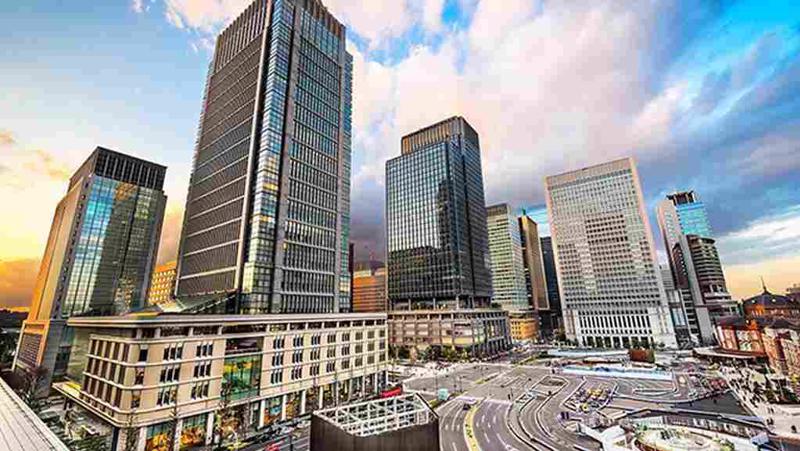
Investment activities in the Asia-Pacific region remain challenging.
Industrial investment volume will surpass office investment volume in Q3/2023, driven by continued demand for modern industrial warehouses and logistics centers and attractive yield opportunities. Office investment volume will continue to decline as multinational funds seek to reduce their office holdings and with higher borrowing costs, but there are still a number of office transactions pending completion. Notably, investment in retail and hotel real estate in the region will remain low in Q3/2023, with only two significant transactions completed in Singapore and Japan.
Savills' report also pointed out that cross-border investment activities were driven by intra-regional transactions, but total investment value decreased by 54% year-on-year to US$6 billion in Q3/2023. Singapore accounted for about 50% of cross-border activities.
Capital flows from North America rebounded after a sharp decline in the previous quarter. Japan remained the most attractive destination for foreign investors, followed by Australia and India. Industrial, hotels and offices were the top three segments attracting investment, with Japanese hotels in particular attracting investment due to the increase in inbound tourist traffic.
Vietnam remains attractive to investors
Despite the global economic slowdown, Vietnam’s performance has remained stable, with great appeal to foreign manufacturing investors. By the end of August 2023, newly registered foreign direct investment (FDI) had increased by 69.5% year-on-year to $8.8 billion. The government has implemented monetary policies to promote overall economic stability, while public investment increased by 23.1% year-on-year to $14.5 billion in the first eight months of 2023.
Export value has been steadily increasing since April 2023, with a significant growth rate of 7.7% month-on-month in August. US inventories fell by 10% in August, which is favorable for production demand as the US is one of Vietnam's largest trading partners.
In particular, industrial real estate continues to be a type of real estate investment promotion in Vietnam. Specifically, last July, Sumitomo Corporation (Japan) signed a Memorandum of Understanding with Thanh Hoa province to develop an industrial park with an area of 650 hectares and an investment capital of 400 million USD. They are also considering developing an industrial park with an area of 300 hectares in Nam Dinh province.
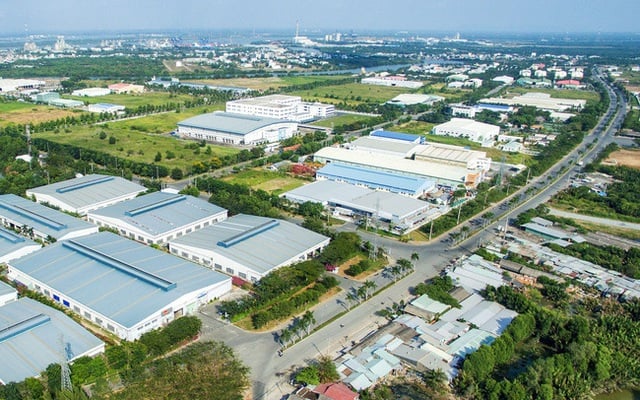
Industrial real estate continues to be a sector that promotes investment in Vietnam.
At the same time, Suntory Pepsico has received approval to build a new factory in Long An with a total investment of 185 million USD, while Hyosung Group plans to invest nearly 1 billion USD in a carbon fiber factory in Vung Tau.
By the end of August, three new projects of the Vietnam-Singapore Industrial Park (VSIP) had started, two projects had received investment approval, and 12 development cooperation agreements had been signed. On August 11, 2023, a joint venture between Lineage Logistics and SK Logistics was also announced to improve and expand Vietnam's cold storage system.
“The manufacturing, trade and service sectors will continue to be the driving force of Vietnam’s economic growth while real estate M&A activities are increasingly vibrant. The State Bank of Vietnam’s continued pursuit of interest rate cuts is a positive signal for residential real estate,” said Troy Griffiths, Deputy Managing Director of Savills Vietnam.
Source


![[Photo] Buddha's Birthday 2025: Honoring the message of love, wisdom, and tolerance](https://vphoto.vietnam.vn/thumb/1200x675/vietnam/resource/IMAGE/2025/5/12/8cd2a70beb264374b41fc5d36add6c3d)

![[Photo] Prime Minister Pham Minh Chinh starts construction of vital highway through Thai Binh and Nam Dinh](https://vphoto.vietnam.vn/thumb/1200x675/vietnam/resource/IMAGE/2025/5/12/52d98584ccea4c8dbf7c7f7484433af5)







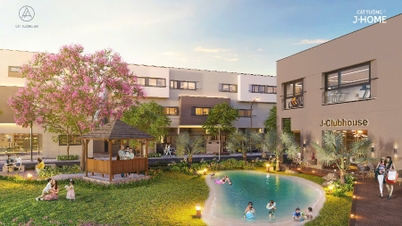

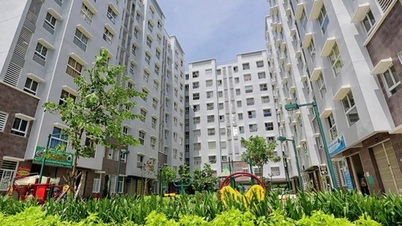



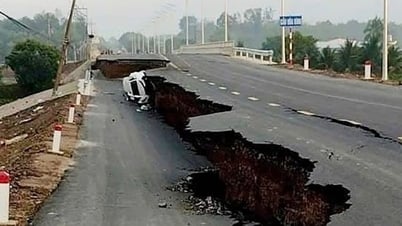
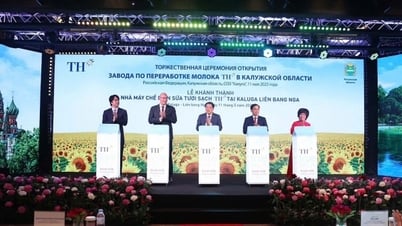
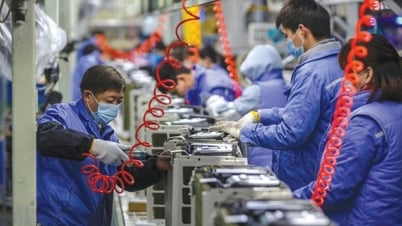

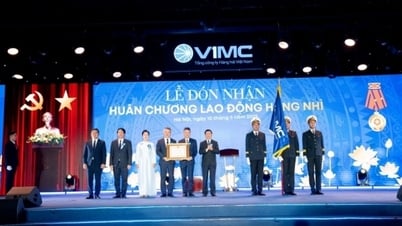
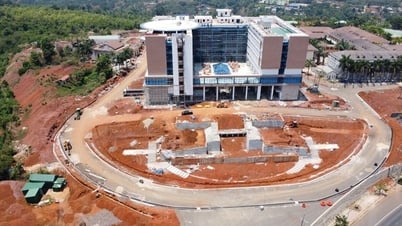










![[Photo] General Secretary To Lam meets and expresses gratitude to Vietnam's Belarusian friends](https://vphoto.vietnam.vn/thumb/1200x675/vietnam/resource/IMAGE/2025/5/11/c515ee2054c54a87aa8a7cb520f2fa6e)




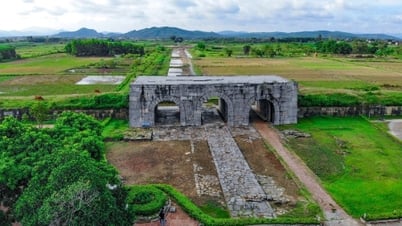










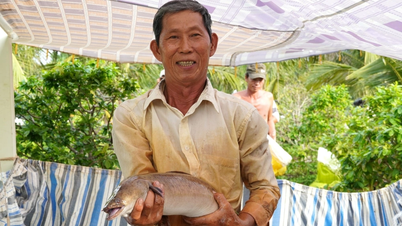

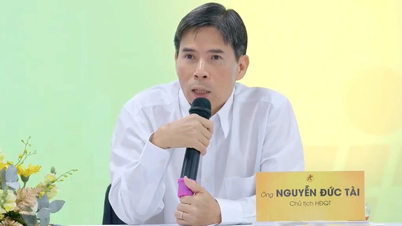


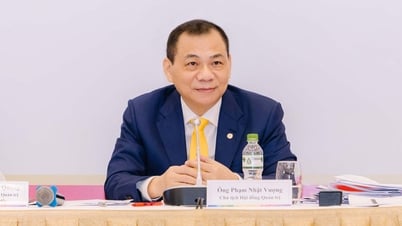



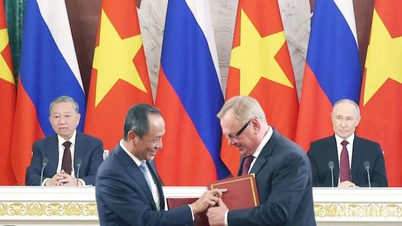
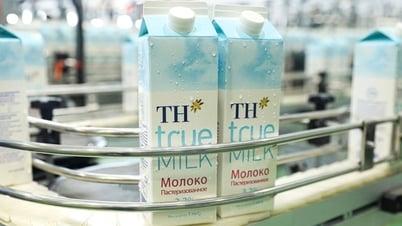

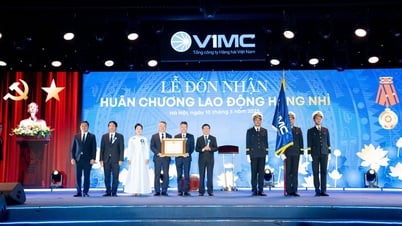
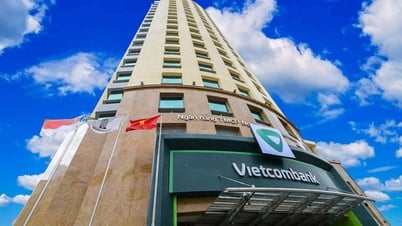

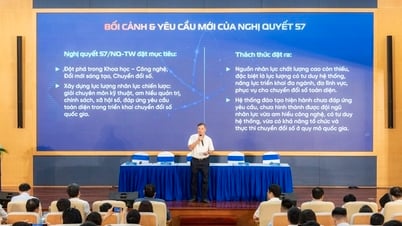



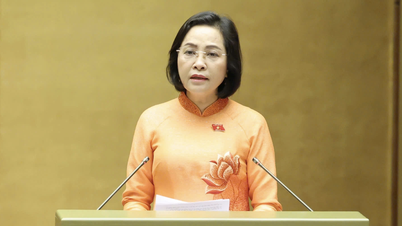


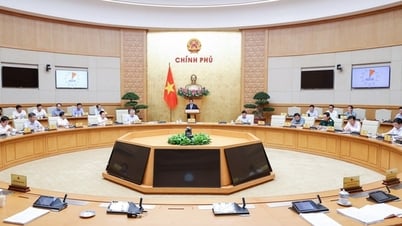

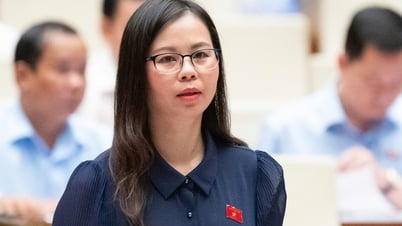
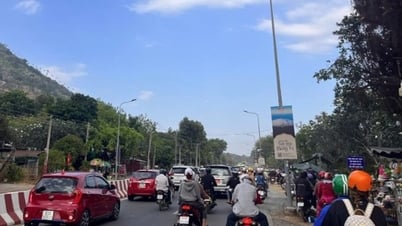





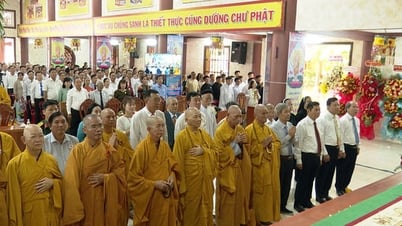

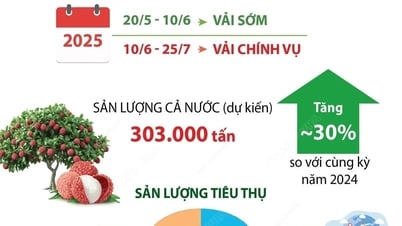





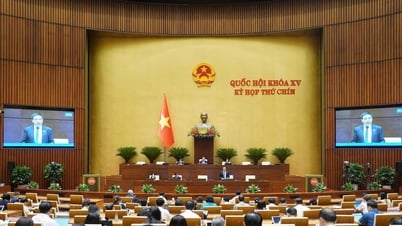










Comment (0)